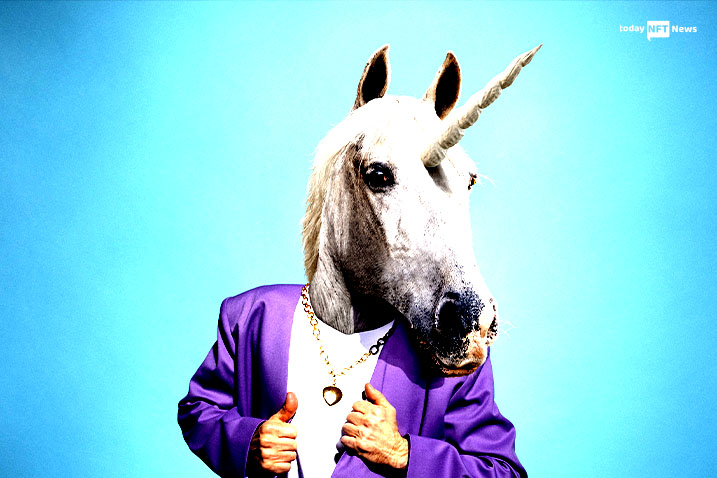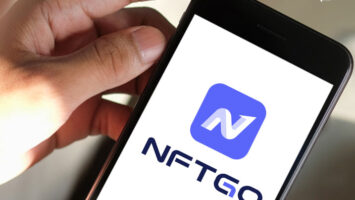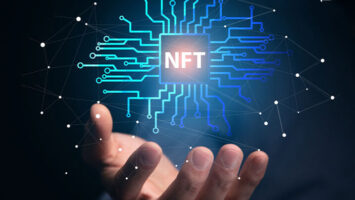SNEAK PEEK
- Researchers hoped to improve the study that analyzes transaction data and spot Uniswap tokens that turned out to be false.
- Crypto users on Twitter are scared of this, and they want answers.
- The owners are resolving all the confusion but still a lot to convey.
The 2021 study employed a machine learning system to examine transaction data and identify Uniswap tokens that turned out to be fake, and the researchers wanted to build on that work. According to the current study, researchers added transaction data from 20,000 more tokens, personally examined the data, and created machine learning techniques that, with 99% accuracy, can identify possible rug pulls before they occur.
However, that may not be clear from the original version that went viral on Twitter on Monday after being published by Nick Almond, who is in charge of the FactoryDAO protocol. Mark Zeller, vice president of the DeFi committee at L’Adan, a French digital asset sector body, noted that regulators there faced criticism for cutting the minimum capital needed to form a limited liability company to €1 in the replies to Almond’s tweet.
He compared it to how simple and quick it is to develop and list new tokens on cryptocurrency exchanges like Uniswap. Others criticized the research team’s methods, including investor and board member of the Israeli Blockchain Industry group Maya Zehavi. She complained on Twitter that the researchers’ methodology was seriously faulty because they didn’t consider token liquidity or volume when deciding which of the roughly 27,000 tokens had seen a rug pull. Zehavi added, “That’s like claiming 97% of Twitter accounts are fraudulent, but none were active in the last year.
The researchers gathered transaction information for all the tokens listed on Uniswap V2 between April 5, 2020, and September 3, 2021, using an Infura archive node and the Etherscan API. Both the Rug Pull Detector and the Token Sniffer give false findings. The researchers note that “90% of tokens employing locking contracts are likely to ultimately become a rug pull or a malevolent token, so it’s hardly a guarantee against being conned.









